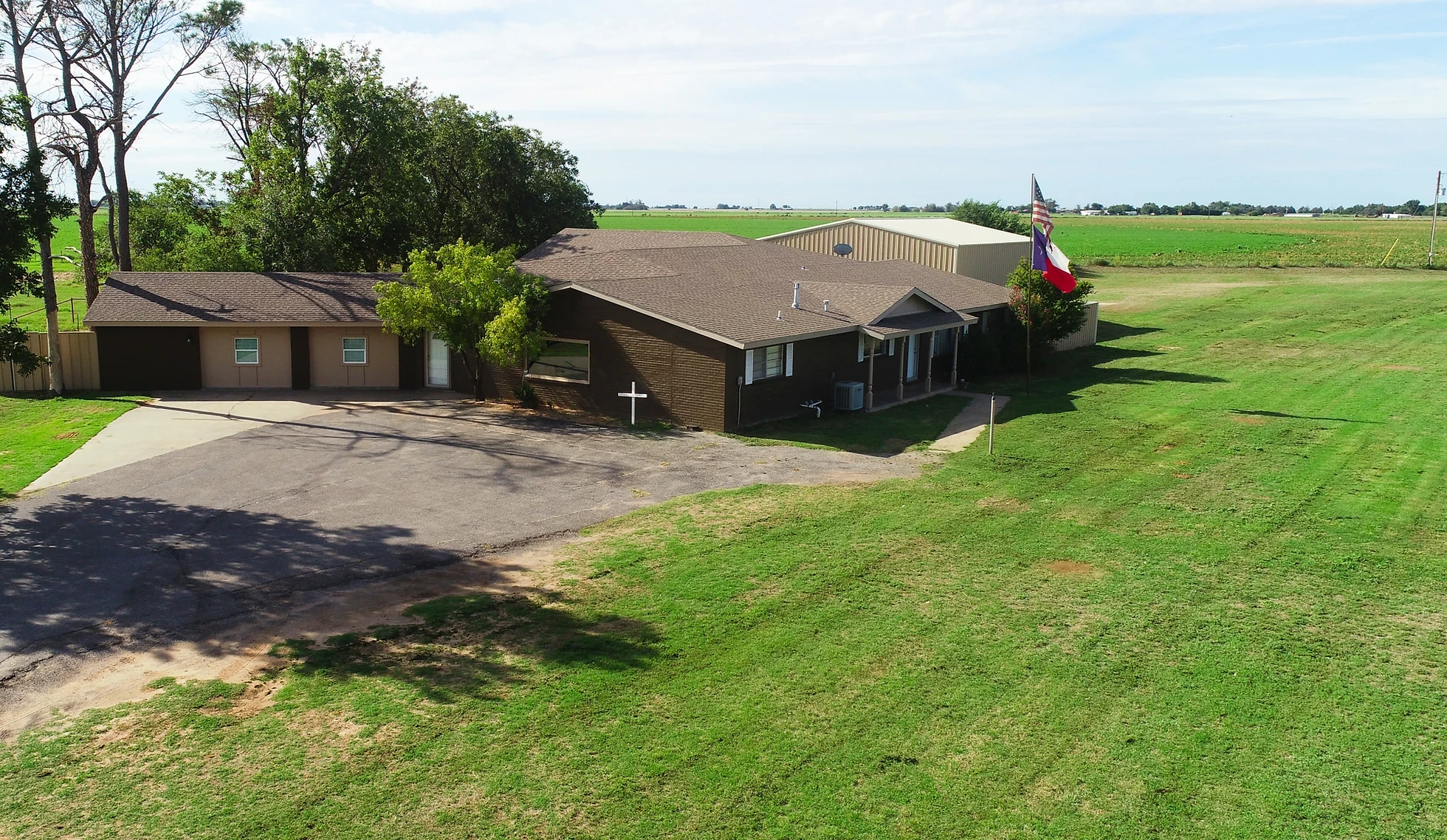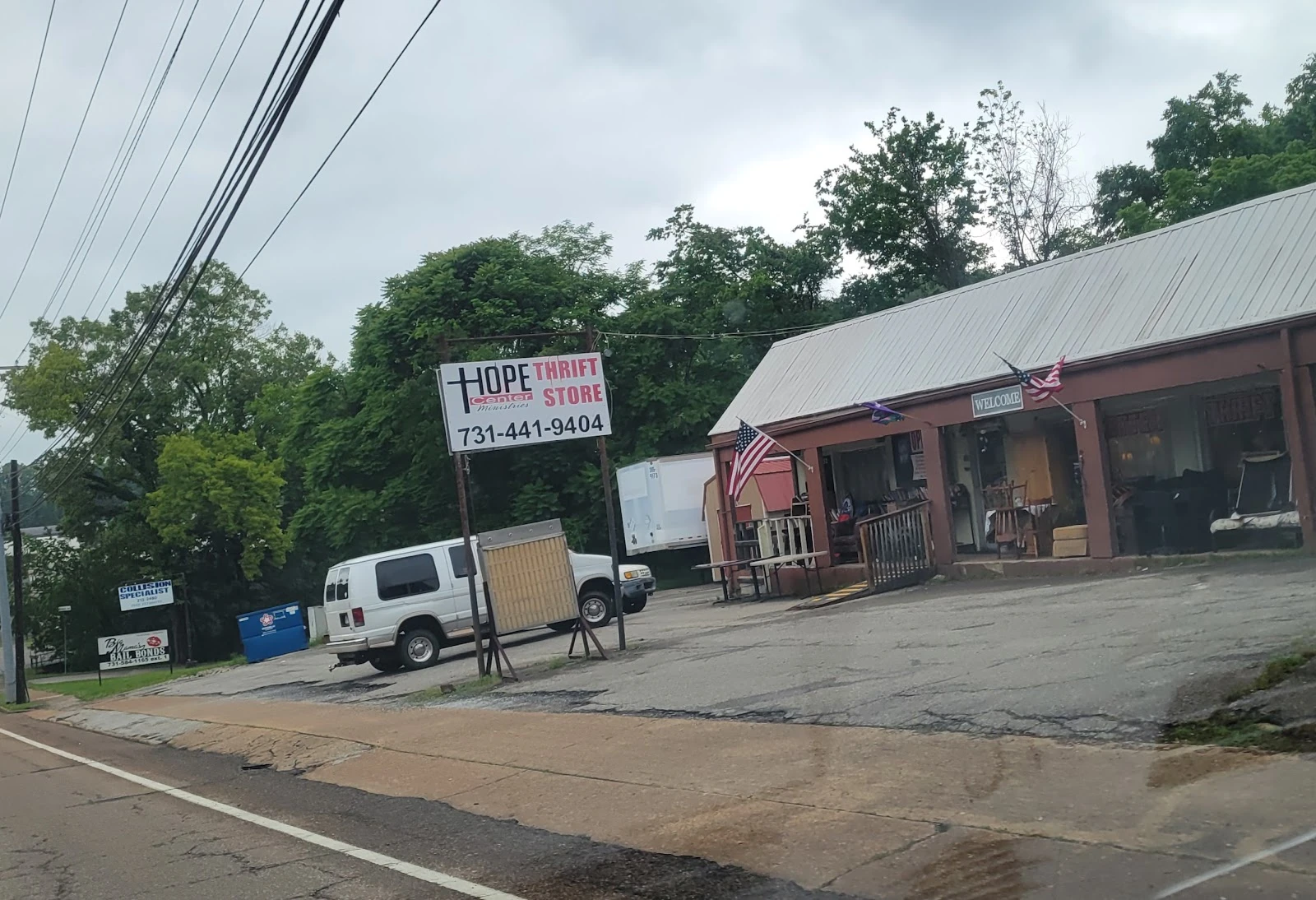Hope Center Ministries - Purcell Women's Center Information
Treatment
Who We Treat
- Male and Female
Treatment Focus
- Women
- Alcohol
- Drug Addiction
Approaches
- 12-Step-Based
- Christian
- Family Involvement
- Twelve Step
- Family Therapy
- Group Therapy
- 1-on-1 Counseling
- Recreation Therapy
- Life Skills Training
Conditions We Treat
- Trauma
- Co-Occurring Disorders
Substances We Treat
- Alcohol
Languages
- English
Aftercare
- Discharge Planning
- Relapse Prevention Planning
- Continuing Care
- Peer Mentoring
- Mentoring and Peer support
Level of Care
- Residential Rehab
- Co-Occurring Mental Health
- Aftercare/Continuing Care
Experience
On-Site Amenities
- Air-Conditioned Rooms
- Outdoor Space
- Lounge
Personal Amenities
- Private or Shared Rooms
- Shared Bathroom
On-Site Activities
- AA/NA Meetings
- Games
- Alternative Support Meetings
Additional Locations
Find the best treatment options. Call our free and confidential helpline today!





